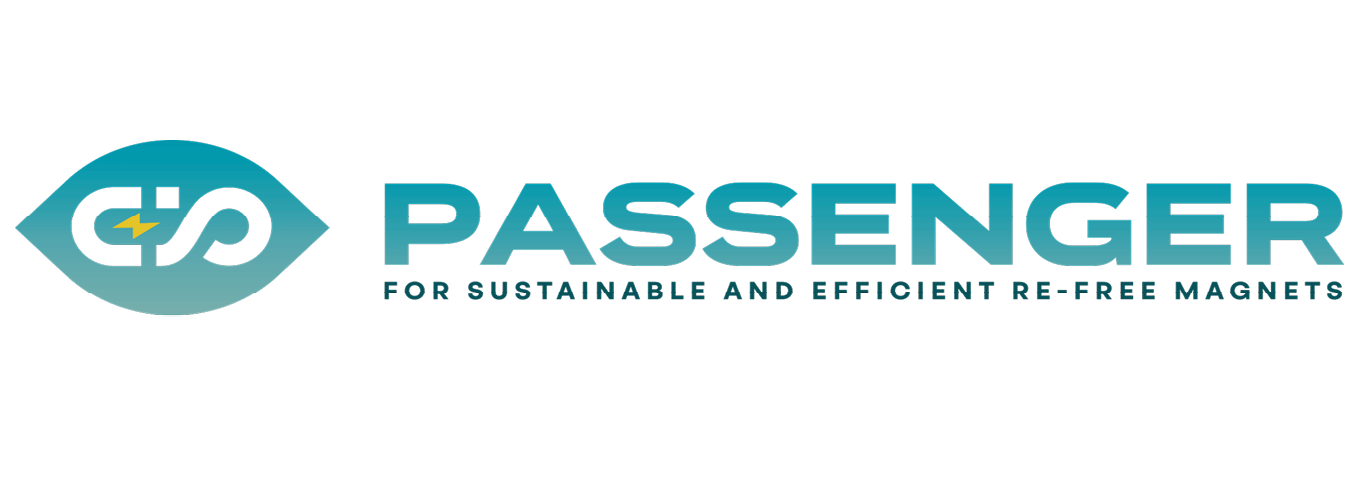EU partners embark on a journey to the sustainable production of non-RE permanent magnets
If you work in the rare earth industry you will see first-hand how crucial rare earth elements are to permanent magnets. And how crucial permanent magnets are to a range of industries including aerospace, automotive, healthcare and military. This dependence can cause problems and there is not an infinite supply of rare earth elements to be had.
But what if there was another way to make high-performance permanent magnets without the need to utilize rare earth elements? What if the projected huge growth in demand for REEs in permanent magnets could be lessened in certain key applications by substitution based on natural resources which are abundant in Europe?
PASSENGER (Pilot Action for Securing a Sustainable European Next Generation of Efficient RE-free Magnets) is a project funded by the European Union that aims to resolve Europe’s dependence on rare earth element imports for permanent magnet fabrication.
Over the four years, the project will develop innovative technology to produce permanent magnets without rare earth materials, using only resources that are widely available in Europe.
The main objective of the project is to contribute to a green, sustainable Europe by developing an alternative to raw materials in the construction of permanent magnets and testing their performance in the electromobility sector.
How?
PASSENGER proposes improved strontium ferrite (Sr-ferrite) and a Manganese-Aluminum-Carbon (MnAlC) alloy as a substitute.
There are 8 different Pilot Plants across Europe. The first step is for LCM to work with partners toward the upscaling fabrication of the Mn-Al-C alloy.
To kick the process off, LCM will lead the up-scaled fabrication of the Mn-Al-C alloy by casting and then supply the newly produced as-cast alloy to METALPINE who will proceed with gas-atomization.
This innovation will foster a renaissance in the European production of permanent magnets, securing the supply chain for materials that are essential for electronic vehicles and pump motors, and promoting the transition to low-carbon mobility.
For more information on the project partners and a detailed description of the processes you can visit the PASSENGER website here: https://passenger-project.eu/pilot-plants/

